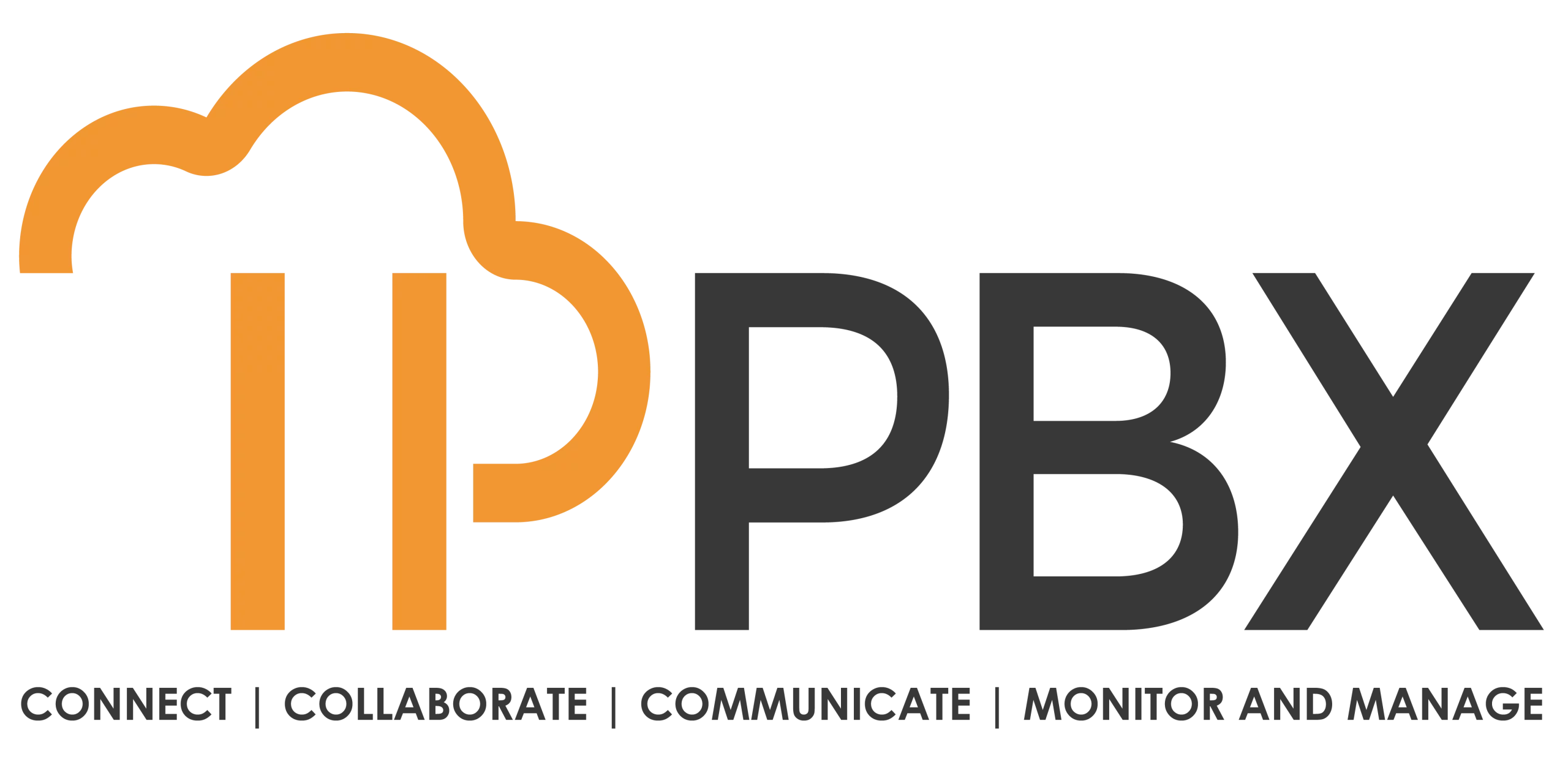Introduction:
In the ever-evolving digital landscape, managing information effectively has become paramount for organizations of all sizes. But what exactly is the difference between document management and records management? To shed light on this critical distinction, we turn to Dolores Stephenson, a distinguished expert with years of experience in the realm of information management. Join us as we delve into the intricacies of document and records management and understand their implications for your organization’s success.
Meet the Expert: Dolores Stephenson
Dolores Stephenson is a highly respected figure in the field of information management. With over two decades of experience, she has been a guiding force in helping organizations streamline their information processes. As a certified information professional and a recognized authority in the industry, Dolores has conducted extensive research, authored numerous publications, and provided invaluable consultancy to organizations seeking to optimize their data management strategies.
Understanding Document Management
In today’s fast-paced business environment, efficient document management is essential. It involves the creation, storage, retrieval, and sharing of documents within an organization. Dolores Stephenson emphasizes that document management is geared towards enhancing efficiency and collaboration within teams.
While maintaining a focus on productivity, it’s essential to recognize that document management goes beyond mere storage. It encompasses version control, access permissions, and searchability, making it easier for team members to find and work on the right documents at the right time.
Deciphering Records Management
On the other hand, records management is a discipline concerned with the systematic control of an organization’s records throughout their lifecycle. Dolores Stephenson highlights that records management is crucial for ensuring compliance, security, and legal integrity. It involves defining what constitutes a record, setting retention policies, and ensuring secure disposal when necessary.
Unlike document management, records management prioritizes long-term preservation and compliance with regulatory requirements. It plays a pivotal role in safeguarding sensitive information and ensuring that organizations are well-prepared for audits and legal challenges.
Comparative Analysis
Let’s now explore the differences between document management and records management in a side-by-side comparison:
| Aspect | Document Management | Records Management |
|---|---|---|
| Primary Focus | Efficiency and Collaboration | Compliance and Security |
| Document Lifecycle | Creation, Storage, Retrieval | Systematic Control |
| Retention Policies | Typically more flexible | Strictly defined |
| Regulatory Compliance | Secondary consideration | Primary concern |
| Access Permissions | Collaboration-oriented | Strictly controlled |
| Audit Preparedness | Limited | Strong |
Which is Right for Your Organization?
The choice between document management and records management largely depends on your organization’s specific needs and priorities. Consider the nature of your industry, compliance requirements, and the sensitivity of the information you handle.
For organizations with a heavy emphasis on collaboration and efficiency, document management may be the go-to solution. However, for those in regulated industries or with a strong need for data security and compliance, records management is the path to follow.
The Future of Information Management
As technology continues to advance, the landscape of information management is evolving rapidly. Dolores Stephenson emphasizes the importance of adapting to digital transformations. Organizations must embrace new tools and strategies to stay ahead in the game. Whether it’s artificial intelligence-driven document categorization or blockchain-based records authentication, staying informed and flexible is key.
Conclusion
In the digital age, mastering document and records management is essential for organizational success. Document management fosters collaboration and efficiency, while records management ensures compliance and security. The choice between the two depends on your organization’s unique needs. As technology continues to reshape the information management landscape, staying informed and adaptable is the key to future-proofing your data management strategies.

